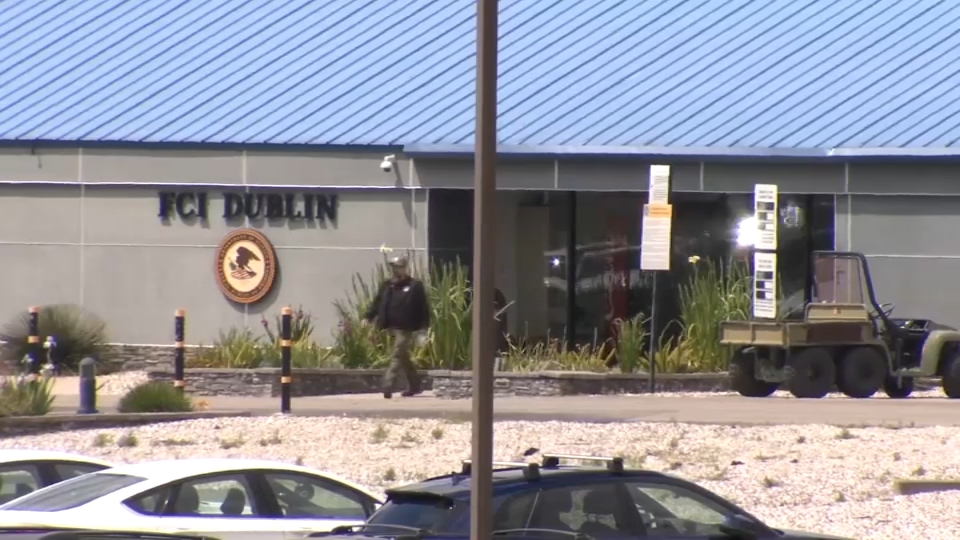What's the truth about San Jose's finances?
The state wants you to know.
Normal 0 false false false EN-US X-NONE X-NONE /* Style Definitions */ table.MsoNormalTable {mso-style-name:"Table Normal"; mso-tstyle-rowband-size:0; mso-tstyle-colband-size:0; mso-style-noshow:yes; mso-style-priority:99; mso-style-parent:""; mso-padding-alt:0in 5.4pt 0in 5.4pt; mso-para-margin:0in; mso-para-margin-bottom:.0001pt; mso-pagination:widow-orphan; font-size:11.0pt; font-family:"Calibri","sans-serif"; mso-ascii-font-family:Calibri; mso-ascii-theme-font:minor-latin; mso-hansi-font-family:Calibri; mso-hansi-theme-font:minor-latin; mso-bidi-font-family:"Times New Roman"; mso-bidi-theme-font:minor-bidi;} The City of San Jose will open it's books for the state auditor.
The Joint Legislative Audit Committee approved an audit request this morning by a 10-3 bipartisan vote in Sacramento, with one member absent.
Seven state legislators representing South Bay districts requested the audit in this letter earlier this month.
"We want to know once and for all if the numbers are accurate," Assemblymember Jim Beall of District 24 said today in front of the committee. He's one of the state legislators who signed the audit request.
"There are many concerns about projections," California State Auditor Elaine Howle told the committee, "What the members have asked us to do is to look at the source of those actuarial analyses and what amounts the city of San Jose is actually reporting."
Local
San Jose's Deputy City Manager, Alex Gurza was also present.
"The city's fiscal reform plan and actions taken by the city have not been based on pessimistic scenarios, 650 or otherwise," Gurza said to the committee, "The number 650 has been used by our mayor, he has responded as to why he has used it."
The audit will include a review of San Jose's finances over the most recent three fiscal years. It will also look at pension projections used by the city and determine if San Jose and the city's retirement boards followed state-mandated reporting standards.
Democratic State Senator Elaine Alquist was a co-author of the request for the audit and a represents about half of San Jose.
She says, the public has a right to know about San Jose's finances.
"I think it’s fair and it’s time, it’s time to do this," Alquist told NBC Bay Area after the vote.
Other committee members voiced concern over political motives behind the audit
Republican Assemblymember Tim Donnelly of District 59 was one of them. He also spoke with us after the audit was approved.
"Is this audit going to interfere with the reforms that they’re putting forth? I’m concerned that it is and that’s why I voted ‘no'," the Assemblymember told NBC Bay Area.
The committee also voted 12-1 to give the audit priority status.
The State auditor anticipates the audit to be completed in four to five months and cost the state $189,000. Normal 0 false false false EN-US X-NONE X-NONE MicrosoftInternetExplorer4 /* Style Definitions */ table.MsoNormalTable {mso-style-name:"Table Normal"; mso-tstyle-rowband-size:0; mso-tstyle-colband-size:0; mso-style-noshow:yes; mso-style-priority:99; mso-style-parent:""; mso-padding-alt:0in 5.4pt 0in 5.4pt; mso-para-margin:0in; mso-para-margin-bottom:.0001pt; mso-pagination:widow-orphan; font-size:10.0pt; font-family:"Times New Roman","serif";}
The Mayor's office issued us this statement:
"San Jose does not object to an audit of the city's pension obligations that is fair and objective and follows nationally recognized government auditing standards. Skyrocketing costs for pension obligations and retiree medical benefits (OPEB) have had a dramatic impact on the people of San Jose. This year we paid $245 million for employee retirement benefits, an amount that has tripled in the last decade. Retirement costs now consume more than 20% of the General Fund.
To pay those increased costs, we've been forced to eliminate jobs, close libraries and community centers, lay off police officers and fire fighters, and watch our streets and infrastructure deteriorate.
As pension and healthcare costs escalated, we were forced to drain money out of services and pour it into retirement benefits. The audit should look at both factors - pension costs and retiree medical benefits - and the billions of dollars of unfunded liabilities and hundreds of millions of dollars in increased costs that they have generated.
San Jose has been on the cutting edge of recognizing the significance of rising pension costs. There is much to be learned from our efforts, and we look forward to sharing what we have learned with the Legislature as it begins to draft comprehensive pension reform legislation and dealing with the significant unfunded liabilities and rising costs in CalPERS."
Do you have something we should look into?
We want to hear from you: TheUnit@nbcbayarea.com



